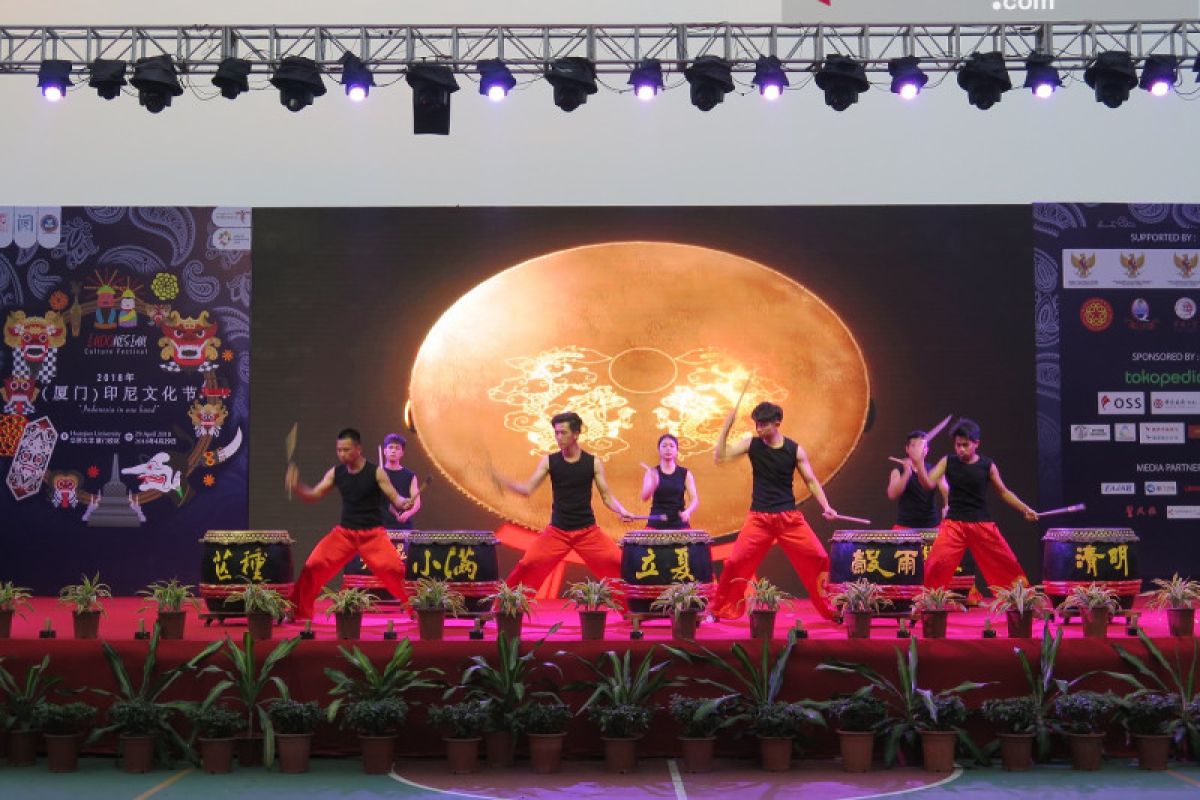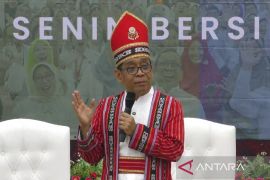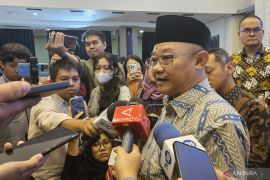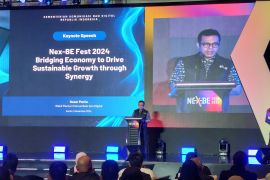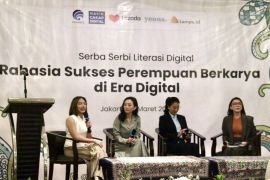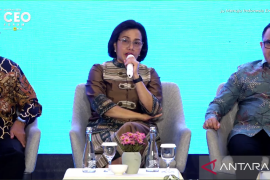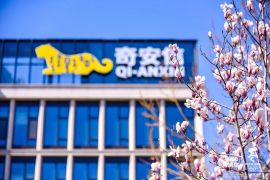"The People's Republic of China has been selected to host this symposium, as it has been readying for the fifth industrial revolution (Industry 5.0)," General Chairman of the Indonesian Students Association (PPI) in China Fadlan Muzakki pointed out.
In a conversation with ANTARA, here, Muzakki highlighted the importance of Indonesia taking a cue from China, taking into account its experience in the implementation of the Industry 4.0, through the symposium themed "the millennials' role in accelerating the Industry 4.0."
Students from Australia, Brunei, the Philippines, India, Japan, South Korea, Malaysia, New Zealand, Singapore, Taiwan, Thailand, Sri Lanka, and China will take part in the event in which Creative Economy Agency (Bekraf) Head Triawan Munaf will act as keynote speaker, he noted.
During the four-day-long symposium, the student participants, who represent 25 PPI-chapters, will hold discussions on key issues that throw challenges and opportunities for Indonesia's millennial generation in the digital era as well as cover national matters pertaining to revitalization and cybersecurity, he remarked.
On the sidelines of the event, the organizing committee will feature an Indonesian Cultural Festival that aims to draw three thousand local visitors, he revealed.
Industry 4.0 has become a topic of heated discussions among Indonesians in the course of the past few years, and the central government is heedful of its impact.
Head of the Bureau of Planning at the Research, Technology, and Higher Education Ministry Dr Erry Ricardo Nurzal cautioned that Industry 4.0 will lead to 75 million to 375 million jobs being lost, with the collapse of several firms resulting from automation and digitalization, though concurrently, it will lead to the creation of new jobs.
"Hence, we have long called the attention of the younger generation to be prepared to face whatever the future holds for them," he had remarked at a seminar on Industrial Revolution 4.0 last year.
Nurzal believes that if Indonesia's youngsters are prepared mentally to face the threat of extensive job losses, it could evolve into an opportunity to create new jobs, especially digital-based ones.
The era of Revolution 4.0 will usher in a trend wherein youngsters will not work from their offices with time restraints but instead operate their digital devices from any location and at any time for earning money.
Taking into account the vast challenges and opportunities that this digital revolution throws at all, Indonesian vice presidential candidates Amin and Uno had engaged in a third round of debate centering on this issue on Mar 17.
The debate's panelists tested their capabilities and skills by posing a question on research budget to enable Indonesia to come out among the world's top five in 2045.
Amin and Uno had vowed to prioritize the channeling of adequate research funds, though they appeared to adopt different approaches in driving Indonesia's research and innovation programs.
Related news: Indonesian village facilitators join benchmark program in China
Related news: Bengkulu exports agricultural commodities to China and Thailand
Translator: Irfan Ilmie, Rahmad Nasution
Editor: Gusti Nur Cahya Aryani
Copyright © ANTARA 2019
